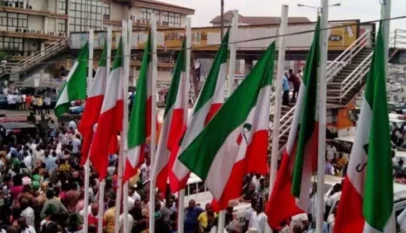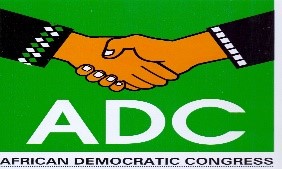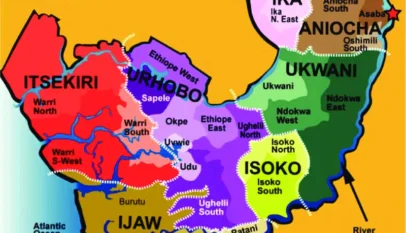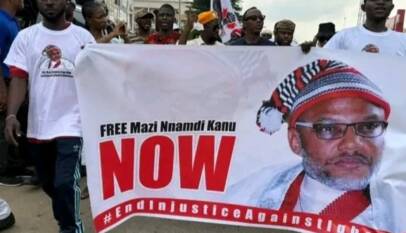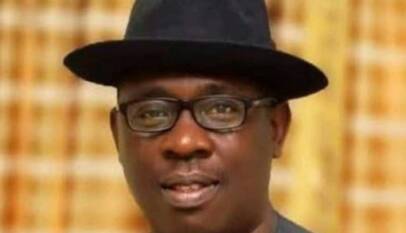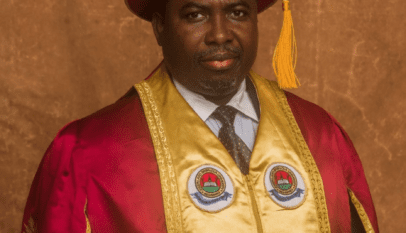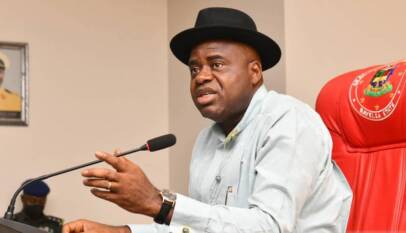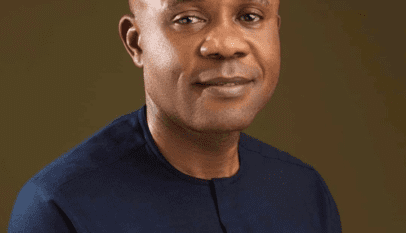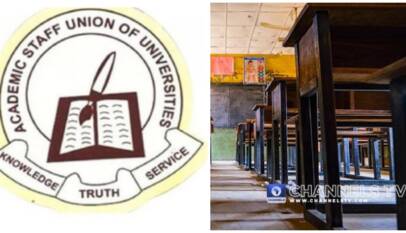In a bold move to position itself as Nigeria’s leading opposition force ahead of the 2027 general elections, the African Democratic Congress (ADC) has announced the appointment of former Senate President David Mark as Interim National Chairman and former Osun State Governor Rauf Aregbesola as Interim National Secretary. The appointments were formalized at a high-level meeting in Abuja, marking a significant step in efforts to consolidate a fragmented opposition bloc.
According to party insiders, the ADC has been selected as the principal platform for a new opposition coalition comprising disgruntled members of the All Progressives Congress (APC), elements of the Peoples Democratic Party (PDP), and the Labour Party. The coalition aims to challenge the dominance of President Bola Ahmed Tinubu’s APC, amid rising public discontent over economic hardship, insecurity, and controversial reforms.
Other interim leaders announced include Chief Anayo Arinze as Deputy National Chairman (South), Alhaji Ibrahim Manzo as Deputy National Chairman (North), and former Sports Minister Bolaji Abdullahi as National Publicity Secretary. The new leadership is expected to drive party reorganization, mobilize grassroots support, and prepare for a national convention scheduled for 2026.
However, the move has triggered a sharp backlash from within the party. A faction led by ADC’s National Publicity Secretary, Dr. Musa Isa Matara, publicly rejected Aregbesola’s appointment, calling it an “unauthorised attempt” to hijack the party’s leadership and bypass internal democratic processes. According to the group, Aregbesola’s selection was not ratified by the party’s National Executive Committee (NEC), state chairpersons, or elected national officers.
While acknowledging the need for alliances, the dissenting faction warned against what it described as “revolutionary rhetoric masking elite interests,” arguing that the ADC’s integrity and grassroots ownership must not be sacrificed for political expediency.
“The ADC is not a bargaining chip for any coalition,” the statement read. “Any merger not grounded in proper legal and constitutional procedure will only sow instability.”
The group also highlighted unresolved legal issues stemming from the 2023 elections, suggesting that any rushed coalition efforts could face legal challenges. Accusations were also leveled against unnamed individuals allegedly seeking to cede control of the party for personal gain.
The internal divisions come at a critical juncture, as the ADC tries to rebrand itself as a viable opposition vehicle. Outgoing National Chairman Ralph Okey Nwosu, a founding member, has stepped aside to facilitate the transition and is expected to remain involved, potentially as Interim Organising Secretary. His decision was seen as pivotal to the coalition strategy, but now faces resistance from within the party’s rank and file.
As the 2027 elections draw closer, the ADC finds itself at a crossroads—caught between a strategic opportunity to reshape Nigeria’s political landscape and a deepening internal rift that threatens to derail its ambitions.


